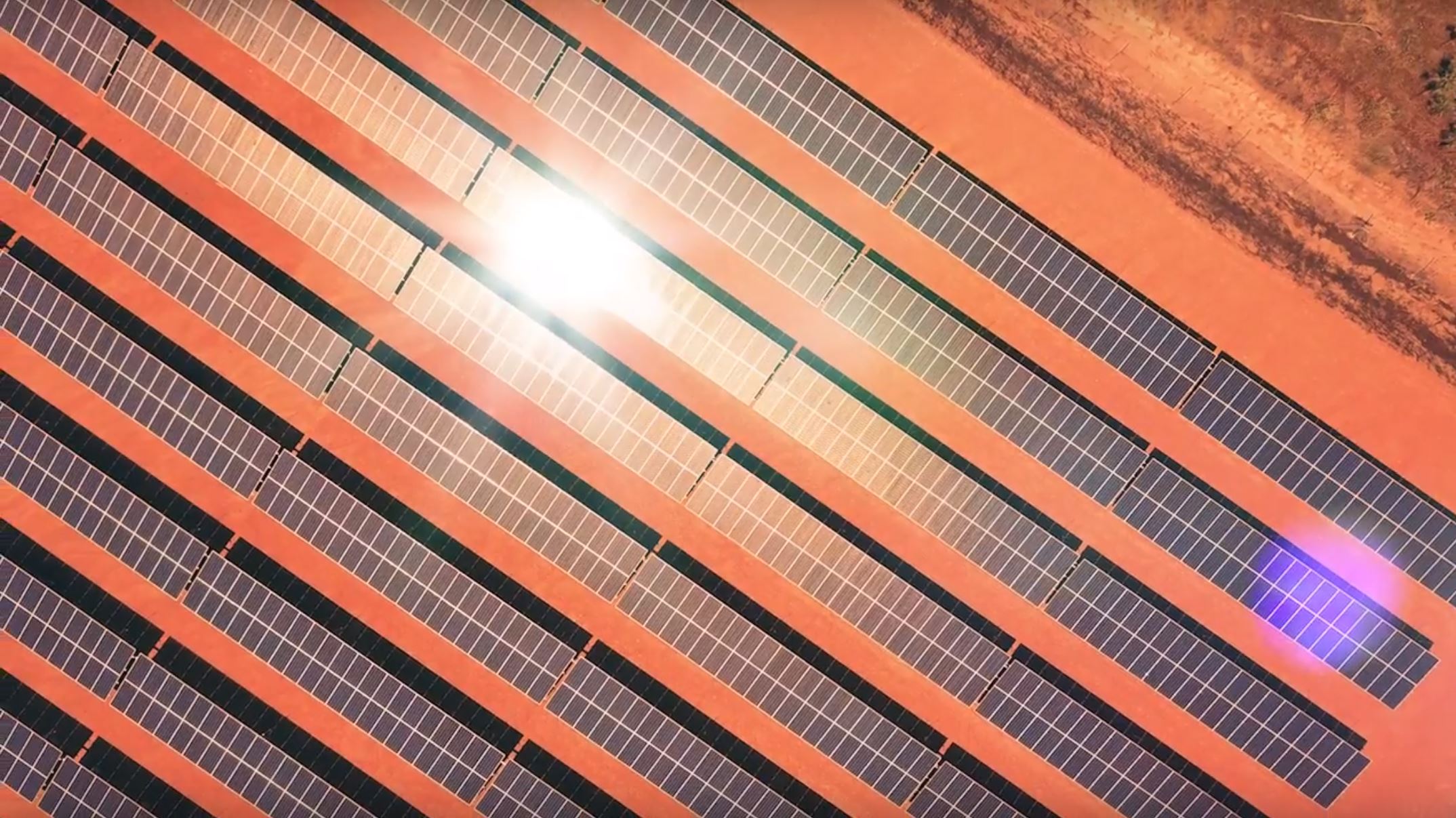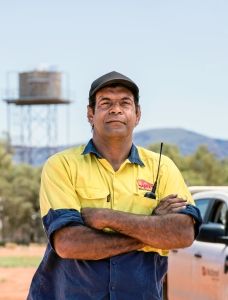Renewable energy is continuously replaced, such as solar, wind, wave, biomass, hydro, geothermal and tidal power. Solar is the most widely used renewable energy source in the Northern Territory due to our climate and geography.
Solar energy is reliable, environmentally sustainable and becoming more cost-effective. For these reasons, Power and Water is gradually incorporating solar across remote communities, where we provide power. We do this to reduce our reliance on diesel.
The Northern Territory Government has set a high target for the use of renewables for electricity supplied to households and businesses throughout the Territory through its Roadmap to Renewables.
We aim to provide renewable energy options to our remote customers and to ensure a secure, reliable and safe power network for everyone in the Northern Territory. You can read more about our remote community renewable power project here.
More green energy providers are joining the market, giving Northern Territory customers further options to save money on their power bills while also protecting our environment. You’ll find a list of licensed electricity suppliers here.
Forms of renewable energy
A solar photovoltaic (PV) power system converts energy from sunlight into electrical energy. Residential solar PV systems can offset some of their household's power needs, depending on the size of the system and their household requirements.
For more information about rooftop PV systems, refer to our online guides.
Wind turbines are useful as they can capture energy at night.
At Lake Nash, we’ve installed a wind energy system consisting of three 15 kilowatt wind turbines alongside our solar power system. The wind turbine operates overnight to supplement the high penetration solar power station that operates during the day. The combination of daytime solar and nighttime wind maximises the use of renewable energy in the area.
Methane gas is continuously produced in landfill sites such as Darwin’s Shoal Bay. LMS Pty Ltd installed a one-megawatt generator which delivers electricity from methane gas at Shoal Bay. The generator currently produces about 9000 megawatts of renewable energy per annum and saves about 5500 tonnes of greenhouse gases.
Methane gas is 20 times more harmful as a greenhouse gas than carbon dioxide. By capturing the gas and converting it to electricity, the LMS generator prevents methane from entering our environment.
We have installed a 5kW hydro turbine at Manton Dam, about 70 kilometres south-east of Darwin. We supply a continuous flow rate of 30 to 50 litres per second from the dam to Manton River to keep the river healthy throughout the dry season.
The Manton Dam hydro turbine supplies enough energy for four average Darwin homes.
Remote communities
We have solar photovoltaic (PV) systems in ten of our remote communities with a combined capacity of approximately one megawatt. The PV panels convert solar energy into electricity reducing the reliance on diesel for energy production.
There are currently more than 9000 individual solar panels, in large solar-farm configurations, across these communities. These systems are capable of servicing almost 600 households and saving over one million litres of diesel each year.
These large solar farms are designed to power the communities during daylight hours, while the existing diesel generators will operate overnight and when there is insufficient energy coming from the solar farm during times of high cloud cover.
We have also rolled out 10 megawatts of solar to 25 remote communities in the Northern Territory, which will reduce diesel consumption by a further 15 per cent across all communities. Find out about our Solar SETuP project.
Our plans
We continue to engage with and encourage the development of renewable technologies including tidal, biofuels, wind, solar thermal and solar PV. We're also look to emerging products such as energy storage to stay informed about the best available technologies to incorporate into our systems.




